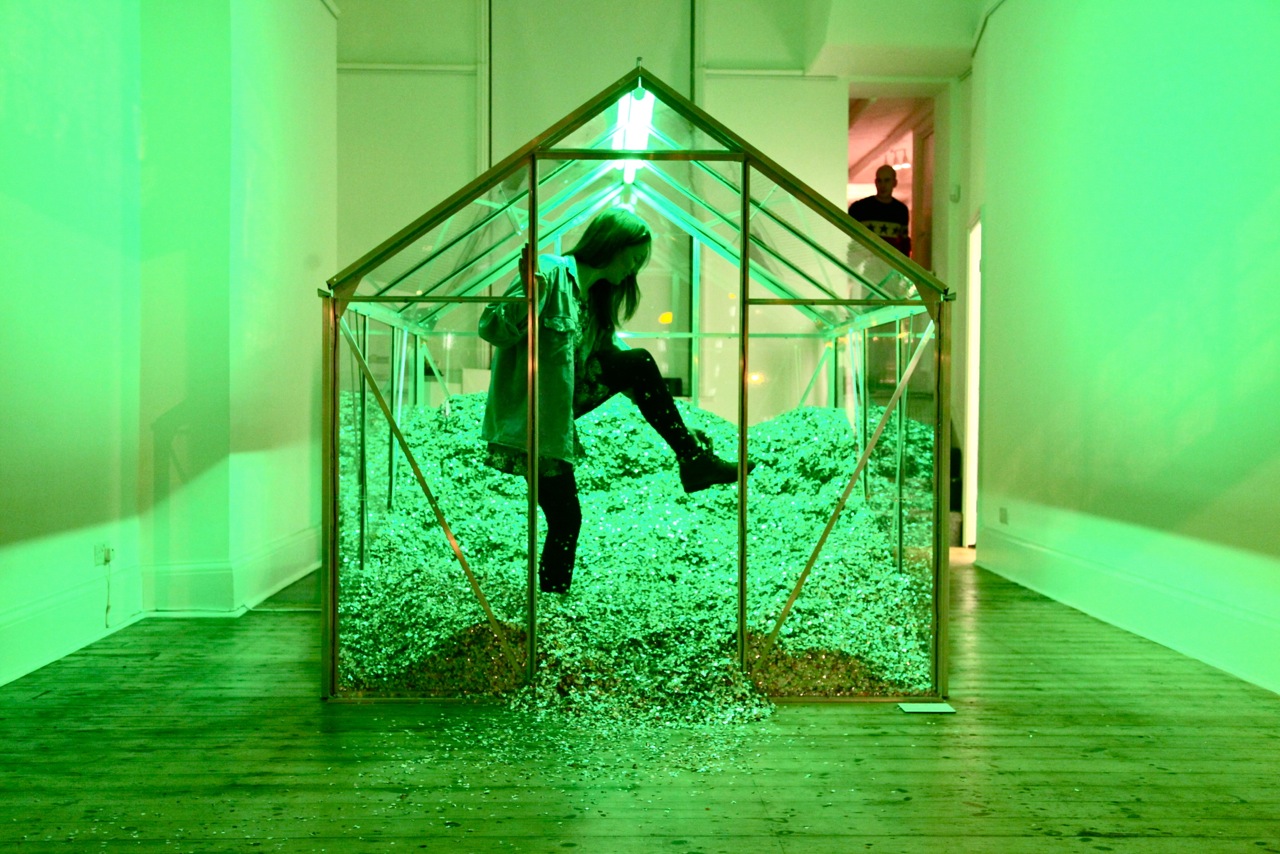In a short series of interviews, Charlotte Bonham-Carter, Course Leader, talks to other arts professionals in her network about their work.
Lauren Davies, Gallery Manager, Onca, Brighton
What is Onca?
Onca was founded in 2012 to be a space to explore the impact of environmental change, through art. Onca’s mission is to inspire creativity and positive action in the face of environmental change.
How do you do this?
We encourage local artists to approach us with ideas and projects. The gallery is a platform for experimentation. We like to say, ‘What’s the point of a gallery if you can’t get messy inside of it.’ I spoke to an artist who said that she was trained, as an artist, to be a communicator. Art can offer a different way of looking into a theme. This is a very important role.
What do you at Onca?
I work with artists and I’m involved in running the space, the finances, hanging and de-installing, risk assessment and even some technician work.
What have you learnt about your role, over your career?
One thing I have learnt from doing smaller projects is that you should never take no for an answer. I was working on an outdoor theatre project in Birmingham when the Council tried to prevent us from doing something that was important to the project. I worked with the stage producer to go back to the Council with a response, and we said, simply, ‘what do you need us to do to make this work?’ In the end, this approach worked well and the Council came back with a list of requirements, which we met, and as a result, we were able to see through the project as we intended.
On MA Arts and Cultural Enterprise, you’ll learn how to manage creativity, but also how to bring creativity to management. The course actively responds to new forms of creative practice, and to changing global conditions. Multi-skilled individuals, who can produce the ideas and content for original arts and cultural events, and provide leadership for the teams that realise them are in demand.
Two study routes are available: a two-year part-time option; and a flexible learning option, which is a unit-by-unit approach allowing students up to five years to complete their Masters.
Visit the course page to book an open day and find out more.


